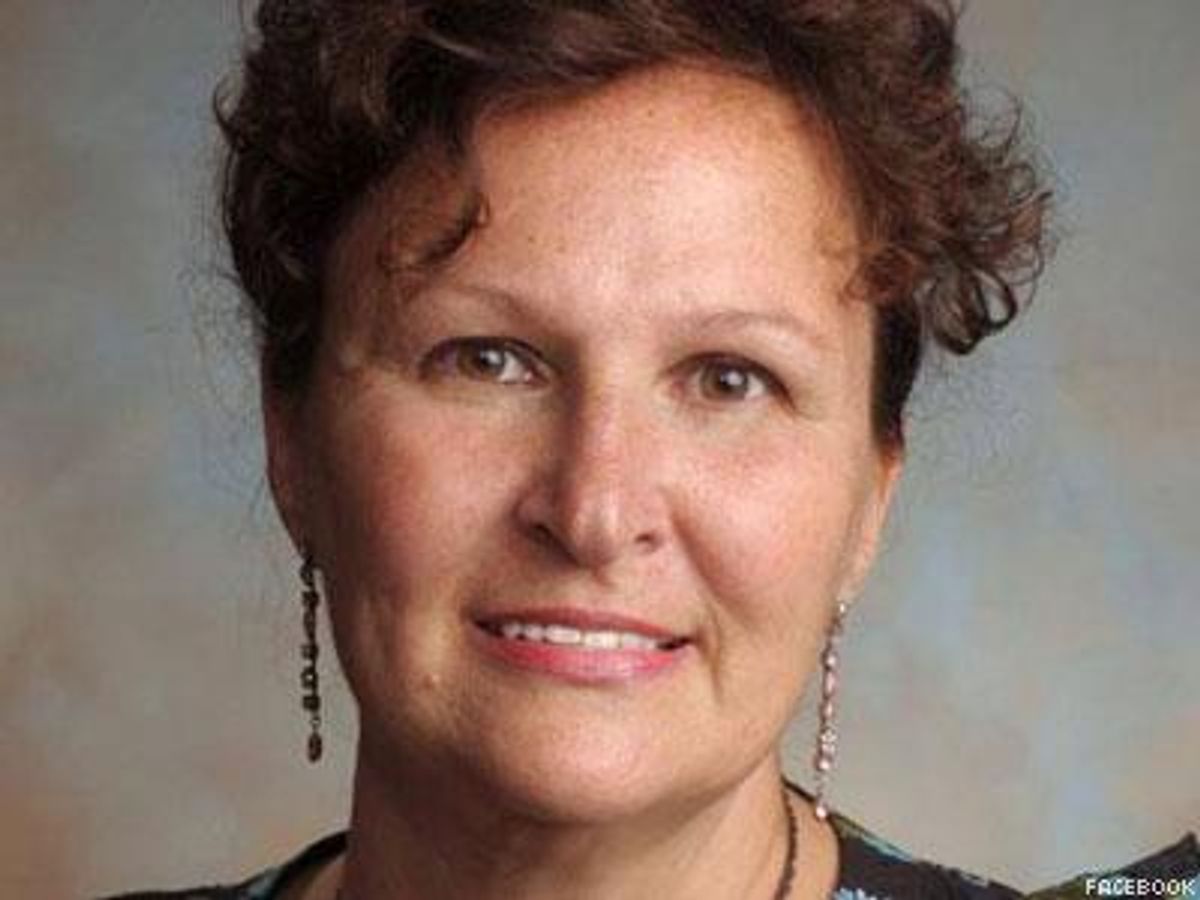A county official in Pennsylvania has turned to the nation's highest court hoping to stop same-sex marriage in the state after two lower courts denied her request to place a hold on a May ruling that established the freedom to marry in Pennsylvania.
Schuylkill County register of wills Theresa Santai-Gaffney, whose office issues marriage licenses, has asked the U.S. Supreme Court to allow her to appeal U.S. District Judge John E. Jones III's May 20 ruling invalidating Pennsylvania's ban on same-sex marriage, after Gov. Tom Corbett declined to do so. The District Court rejected Santai-Gaffney's request, dismissing the clerk's efforts to override the governor's decision on the matter of law as "contrived." Subsequently, the U.S. Court of Appeals for the Third Circuit denied the same request Thursday, according to Hazelton, Pa.,'s Standard Speaker.
Santai-Gaffney's motion, filed Monday, also asks the Supreme Court to issue a stay on that May ruling, essentially stopping marriage equality in Pennsylvania while she attempts to appeal the decision, according to the Associated Press. In that motion, attorneys for Santai-Gaffney repeatedly claim that the clerk is required, by law, to only issue marriage certificates to opposite-sex couples, citing Pennsylvania's now-overturned statutory ban on same-sex marriage.
The county clerk argues that she has a duty to uphold Pennsylvania law as it was passed by voters, claiming that issuing marriage licenses to same-sex couples would cause confusion, uncertainty, and "irreparable harm" to county clerks who would have to amend state marriage forms to make them gender-neutral, then possibly reverse course should the Supreme Court ultimately overturn the District Court's decision.
By contrast, the clerk claims that the "only interim harm the Plaintiffs and other same-sex couples can claim (assuming that this Court ultimately strikes down man-woman marriage laws) is a modest delay in obtaining the Commonwealth's official sanction of their relationship." The brief cites as proof of this minimal inconvenience the fact that not all named plaintiffs in the original District Court suit have yet married their same-sex partners.
Accordingly, the brief also contends that the Supreme Court is likely to overturn the District Court ruling striking down Pennsylvania's discriminatory marriage laws, despite the fact that more than 20 state and federal courts have cited last summer's landmark Supreme Court ruling in U.S. v. Windsor as a precedent to determine that statewide bans on same-sex marriage are unconstitutional. Instead, Santai-Gaffney's brief argues that Windsor affirmed the rights of states to set their own, voter-approved policies on marriage.
An attorney with the American Civil Liberties Union, which represented the same-sex couples who filed suit in District Court, dismissed Santai-Gaffney's efforts, noting that the clerk was not a named defendant in the initial suit, and therefore has no standing to appeal the ruling -- especially when the state's governor and attorney general have refused to do so.
"The elephant in the room is that no one who has standing to appeal has appealed," Molly Tack-Hooper of the ACLU told the AP Monday.



















































































Fans thirsting over Chris Colfer's sexy new muscles for Coachella